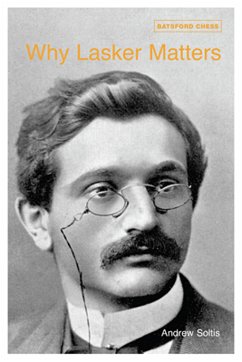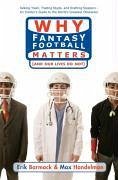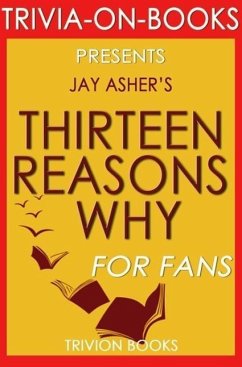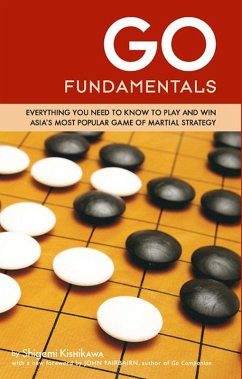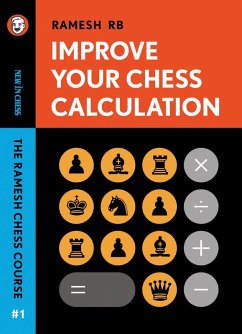
Why Chess Matters (eBook, ePUB)
A Parent and Teacher's Guide to the Ancient Game of Kings
Versandkostenfrei!
Sofort per Download lieferbar
10,70 €
inkl. MwSt.
Weitere Ausgaben:

PAYBACK Punkte
0 °P sammeln!
Chess has a history like no other game. It literally spans all cultural, national and political boundaries. During the height of the cold war, there was no disagreement between the U.S.S.R. and the U.S.A about chess. It was a great game. Chess developed from the realm of kings and was a metaphor for war. The game started in India some 2500 years ago, traveled across Asia and into all parts of Europe, then sailed to the new world, where it kept expanding to the game we have today. Why Chess Matters is an easy-to-read book about chess and self-improvement. It has just enough detail to learn to p...
Chess has a history like no other game. It literally spans all cultural, national and political boundaries. During the height of the cold war, there was no disagreement between the U.S.S.R. and the U.S.A about chess. It was a great game. Chess developed from the realm of kings and was a metaphor for war. The game started in India some 2500 years ago, traveled across Asia and into all parts of Europe, then sailed to the new world, where it kept expanding to the game we have today. Why Chess Matters is an easy-to-read book about chess and self-improvement. It has just enough detail to learn to play the game for fun. But additionally, it is a book about how to teach chess with new skills in mind that help both the teacher and the student or the parent and the child. There are also chapters on the history of chess and how it evolved, a chapter on careers, as well as a chapter on Jr. Golf and chess. What we have found in recent years is that a large part of our educational experience for both children and adults lack training in the most basic of life skills needed for a successful and happy life. Skills like patience, grit, self-confidence, and a host of others.Significantly, coinciding with the skills that chess develops in an individual, are the same qualities and skills that form the foundation of the relatively new field of Positive Psychology, founded by Dr. Martin Seligman in the late 1990''s. These skills, called, "non-cognitive skills," have been studied written about extensively in Positive Psychology. Just one of these qualities is patience. For a parent watching their former fidgety kid sitting still, concentrating on winning a chess game, over a board and opposite a real human, and not a computer or TV screen, is nothing short of miraculous! The book explores this and other beneficial qualities.To sum up, the teaching and learning experience, using the elements found in Why Chess Matters, is the best way to introduce people to the ancient game.
Dieser Download kann aus rechtlichen Gründen nur mit Rechnungsadresse in A, B, BG, CY, CZ, D, DK, EW, E, FIN, F, GR, HR, H, IRL, I, LT, L, LR, M, NL, PL, P, R, S, SLO, SK ausgeliefert werden.



